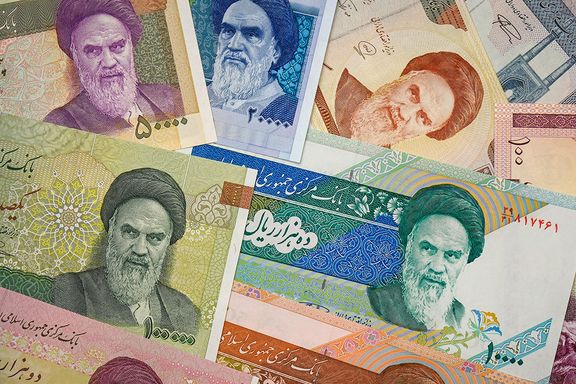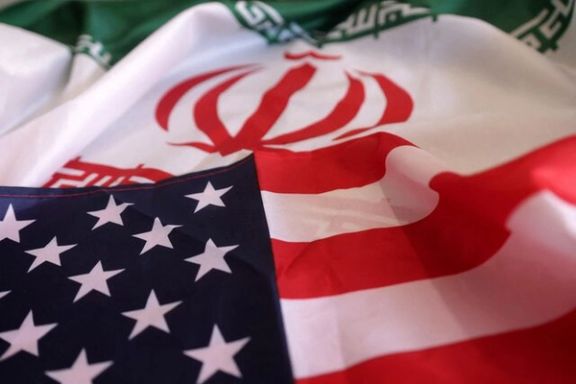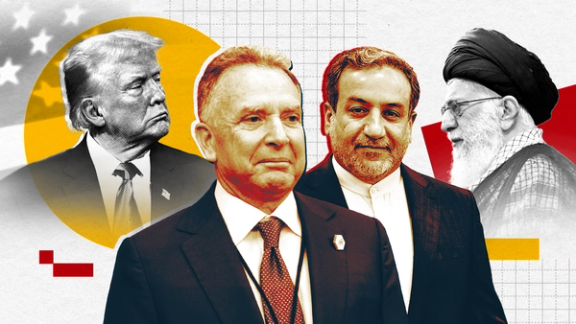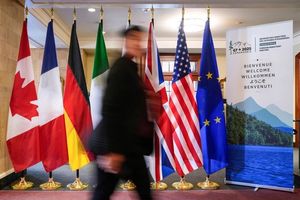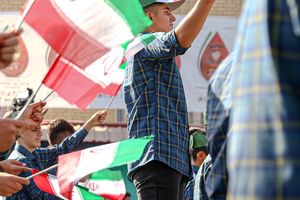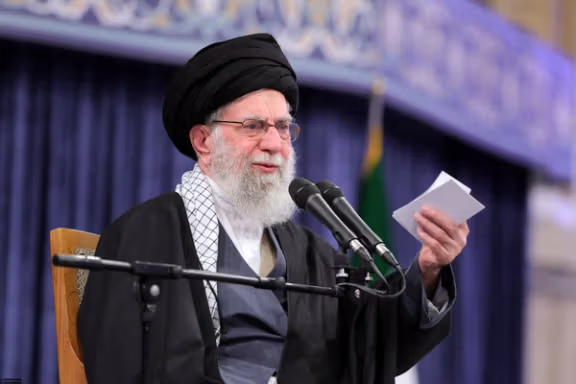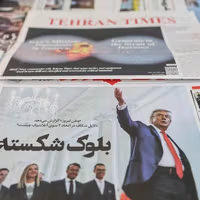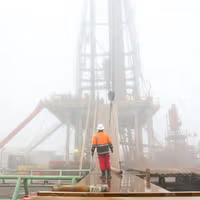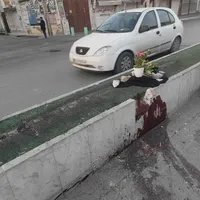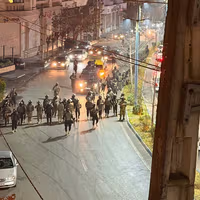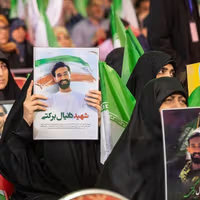Half a century ago, Ayatollah Ruhollah Khomeini dismissed economics as trivial. “Those who see the economy as the foundation of everything—they see man as an animal,” he said. “An animal’s foundation is its economy."
"A donkey’s foundation, too, is its economy.”
The words were meant as a rebuke to materialism, a call to put ideology and faith above worldly matters. But today, with the rial in free fall, his words feels prophetic. If the economy was fit only for donkeys, the donkey has finally brayed back.
In Iran, the value of money is measured in hours, not days. A few decades ago, a paycheck might last a week. Today, it barely stretches through the weekend. By Monday, the cash in your pocket feels lighter, not because you spent it, but because it has already lost its worth.
The rial, Iran’s national currency, has been devalued so many times that it now flutters like a useless note in the wind. Days after the reimposition of UN snapback sanctions, it trades on Iran's black market at a new low of more than 1.18 million rials to the US dollar.
The rial is no longer currency; it is confession: a declaration that the state has failed to keep its promise to protect the value of people’s lives.
A Broken Machine
Iran’s economic malaise is neither sudden nor accidental. The collapse of the rial is the product of a machine designed to fail: decades of chronic budget deficits, an overreliance on oil, institutional corruption and a governing class that treats money as both tool and weapon.
When oil revenues fall, the state reaches instinctively for the central bank, borrowing and printing money without backing.
Inflation rises; the rial weakens. Banks offer interest rates that lag far behind inflation, eroding public trust. Who, then, would save in rials? Instead, households convert earnings into safer stores of value: gold coins, real estate, US dollars.
Sanctions, too, are the invisible hand pushing Iran’s economy down. Restrictions on oil exports and banking channels cut the country off from hard currency.
Each new penalty, each geopolitical flare-up—whether a US Treasury announcement or a skirmish in the Strait of Hormuz, triggers panic. People rush to buy dollars, and the cycle repeats.
The market itself has become a theater of fear. A small uptick in the dollar can unleash a stampede. Rumors spread faster than official statements. In the currency shops of Tehran, the mere sight of a crowd can turn hesitation into frenzy.
Corruption by Design
If panic is the fuel of this collapse, corruption is its engine. Iran’s multi-tiered exchange-rate system all but invites abuse. Those with political connections receive dollars at subsidized “official” rates.
Some import nothing at all; others flip their cheap dollars on the black market. Either way, fortunes are made. The public pays the price.
This dual economy—one rate for the powerful, another for the powerless—has created a new class of profiteers: the sanctioned, the middlemen, the “dollar kings.” They thrive on scarcity. Every collapse in the rial fattens their accounts.
The Human Ledger
The first line of casualties runs straight through the Iranian kitchen. Rice, meat and fruit—staples of family meals—climb in price by the week.
Medicine, though never formally sanctioned, becomes unaffordable as the exchange rate pushes drugs beyond reach. A prescription that cost ten dollars last year now devours an entire month’s salary.
Rents rise, transportation costs surge, fuel becomes scarce. Savings—those careful stacks of rials stored for weddings, tuition or emergencies—melt like ice left on a Tehran rooftop in a hot summer.
Small manufacturers and workshops, unable to plan around daily price swings, shutter their doors. The result is a slow bleed of jobs, dignity and trust.
What remains is despair.
Young entrepreneurs who once dreamed of building companies now dream only of leaving. Pensioners find their stipends shredded by inflation. Families count coins at night and wonder how to stretch them through the morning.
Winners and Losers
The gulf between winners and losers is vast. On one side are exporters of oil, petrochemicals and metals. Every dollar they earn abroad multiplies when converted into rials.
They are joined by speculators and brokers who treat volatility as opportunity, buying and selling on rumor. And above them, perched like hawks, are those closest to power—officials and insiders who profit from the state’s controlled currencies and the rents they generate.
On the other side is everyone else. Office clerks, teachers and factory workers watch their wages dissolve.
Pensioners shrink under inflation’s weight. Small producers collapse under the cost of imported materials. Patients forgo medicine. Children see parents’ hopes dim.
The Donkey’s Reckoning
The fall of the rial is often described in the language of catastrophe—an earthquake, a storm, a collapse. But unlike those, it is no act of nature. It is a man-made disaster, engineered by structural weakness, amplified by sanctions and perpetuated by fear.
There is a cruel symmetry to it: the winners are narrow and known, the losers broad and nameless. The gains of exporters, speculators and power brokers stand in direct proportion to the losses of the public. The more the rial falls, the higher the profits for those at the top.
In the end, Khomeini’s sneer at economics has come to define the very fate of the Islamic republic he built. To treat the economy as beneath concern is to condemn it to ruin. To deride bread and butter as donkey’s business is to ensure that ordinary people bear the burden of hunger.
The rial’s collapse is not just an economic fact; it is a political one. It testifies to the bankruptcy of a system that equates survival with endurance, not prosperity. It reminds Iranians that in their country, profit flows upward, into the pockets of the few, while loss is spread thinly but cruelly across the many.
And it leaves them with a bitter lesson: you can mock the donkey all you want, but when the donkey finally collapses, it takes the cart with it.

